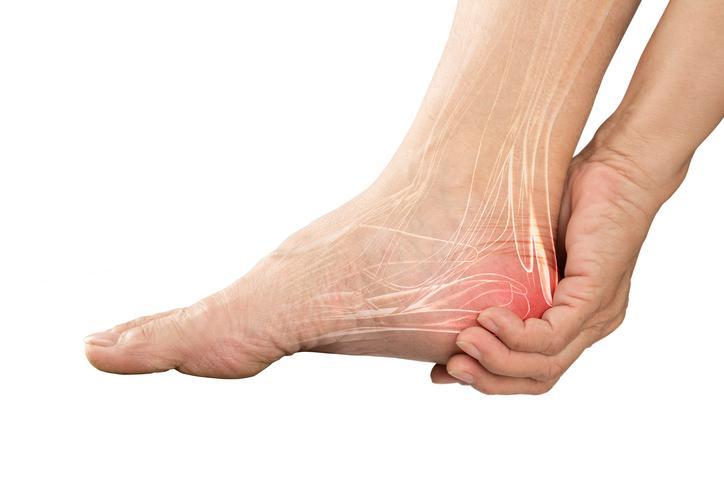Neuropathy is a condition that affects the peripheral nerves, leading to symptoms such as pain, numbness, and weakness. It can have a significant impact on daily life, making routine tasks challenging and uncomfortable. For those living with neuropathy, understanding the condition and available treatment or pain management options is an integral first step toward managing it.
What Is Neuropathy
Neuropathy is a condition that affects the peripheral nervous system. The peripheral nerves are responsible for transmitting information between the brain, spinal cord, and the rest of the body. When these nerves are damaged or dysfunctional, it can interfere with the body’s ability to communicate effectively, leading to a variety of symptoms.
The symptoms of neuropathy may vary depending on which nerves are affected. Common symptoms include:
- Tingling
- Burning pain
- Sensitivity to touch
- Numbness
What Causes It?
The origins of neuropathy may differ widely among individuals, as multiple factors may contribute to this condition. Diabetic neuropathy is one of the most common forms of neuropathy. High blood sugar levels can damage nerves over time, particularly in the hands and feet. This type of neuropathy is often associated with symptoms such as pain, numbness, and reduced sensation in affected areas. Certain autoimmune disorders, such as rheumatoid arthritis or lupus, may lead to neuropathy. These conditions can cause the immune system to attack the nerves, leading to inflammation and damage. Neuropathy may also be caused by infections or nutritional deficiencies.
How Is It Treated?
Treating neuropathy often involves addressing both the symptoms and the underlying cause. Since neuropathy varies significantly in severity and origin, treatment approaches are highly individualized. Here are some common techniques used to manage this condition.
Medications
Medications are frequently used to alleviate symptoms associated with neuropathy and pain management. These medications can help suppress the nerve signals causing pain. Some topical treatments may serve as another option. These are applied directly to the affected area and could help manage localized symptoms.
Physical Therapy
Physical therapy may be recommended to address neuropathy-related muscle weakness and improve mobility. Therapists can guide patients through specific exercises designed to strengthen muscles and enhance coordination. This approach is particularly useful for those whose neuropathy affects their motor nerves.
Nerve Stimulation Therapies
Transcutaneous electrical nerve stimulation (TENS) is a non-invasive technique some patients find beneficial. It involves applying mild electrical currents through electrodes placed on the skin to stimulate the nerves, potentially reducing pain. Some care providers may be able to implant a device that stimulates the spinal cord.
Seeking Professional Pain Management
Neuropathy can present a wide range of challenges, but it is often manageable with the right combination of treatments. While there is no single cure, adopting a multi-faceted approach to address symptoms and their root causes may improve the quality of life for those facing this condition. Working closely with qualified healthcare professionals is integral. They can tailor a treatment plan to align with an individual’s unique needs, helping to target their specific symptoms and underlying causes. Whether through medication or therapy, effective pain management remains within reach.
- Zirconia Cap Price: Estimated Cost & Its Long-Term Benefits
- FREHF – The Revolutionary Future Of Human-Centered Technology!
- Adsy.Pw/Hb3 – Boost Your SEO And Drive More Traffic!
- Fitness Based Vacations By Timeshealthmage.com!
- TimesHealthMag Tips For Improving Sleep Quality – Expert Advice For Better Rest!


Leave a Reply